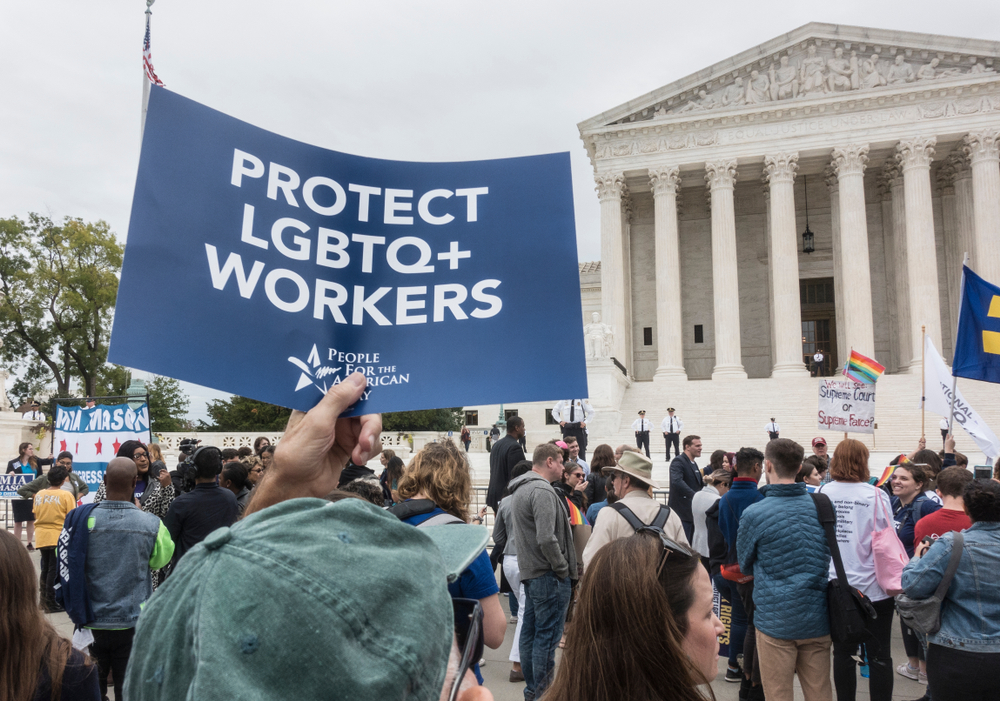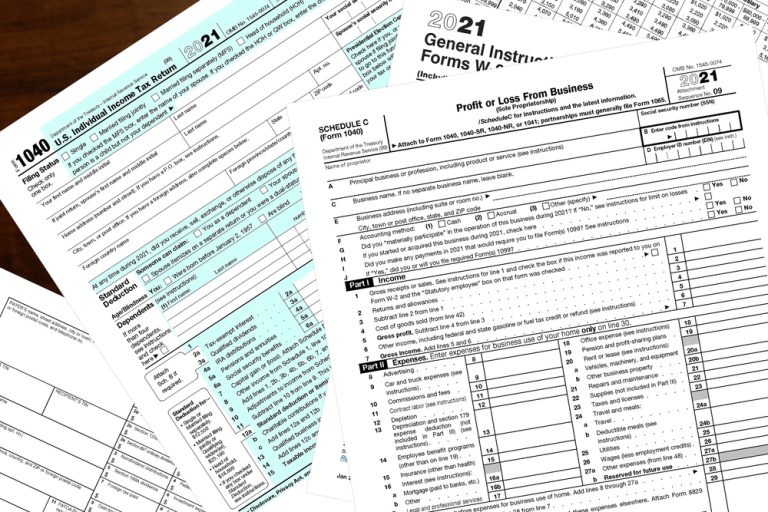What Rights Do LGBTQ Employees Have At Workplace?
What Rights Do LGBTQ Employees Have At Workplace?
How to demonstrate your commitment to DEI in the workplace
This article originally published on HR.com on July 29, 2021 and is republished here with permission from the publication.
Last year has seen big changes in the workplace for LGBTQ employees. First, there was the United States Supreme Court’s decision in Bostock v. Clayton County, which interpreted Title VII as protecting gay and transgender employees from discrimination. And then President Biden, on his first day in office, issued an executive order that clarified the reach of the Bostock decision to other federal statutes. Now, as employees are returning to the workplace following Covid-19 shut-downs, it is important for businesses to update their discrimination policies and provide training regarding those up depended on dates, if they have not done so already, to ensure that they are in full compliance with Title VII and to demonstrate their commitment to diversity, equity, and inclusion in the workplace.
Pre-June 15, 2020
Title VII of the 1964 Civil Rights Act prohibits employment discrimination based on race, color, religion, sex, and national origin. It does not specifically list sexual orientation or gender identity as one of the categories protected by the statute. Courts have grappled for many years in determining whether or not sexual orientation and gender identity should be included under the category of “sex.”
The rulings from the federal courts, however, were not consistent. Accordingly, prior to the Bostock decision on June 15, 2020, whether an LGBTQ employee in the United States was protected from discrimination depending on where he or she lived. Most federal circuit courts interpreted Title VII as being inapplicable to discrimination based on sexual orientation or gender identity. However, there were some federal courts that disagreed, ruling that Title VII does indeed prohibit such discrimination.
The federal agencies charged with overseeing federal workplace discrimination laws also lacked definitive and consistent guidelines. The Obama-era Equal Employment Opportunity Commission determined that Title VII does apply to sexual orientation and gender identity discrimination. Moreover, in 2014, the Justice Department issued a memo saying that the law applies to gender identity, but then in 2017, under the Trump administration, the department rescinded that memo and took the position that gender identity was not included. The Trump-era Justice Department also argued in a brief that Title VII does not apply to sexual orientation.
In April of 2019, in an effort to resolve the inconsistent interpretations, the United States Supreme Court accepted three cases: Altitude Express Inc. v. Zarda, in which the plaintiff, a gay man, alleged that he was fired because of his sexual orientation, Bostock v. Clayton County, Georgia, also involving claims of discrimination by a gay man, and R.G. & G.R. Harris Funeral Homes Inc. v. Equal Employment and Opportunity Commission, in which a transgender woman claimed she was fired because of her gender identity. These three cases were consolidated for review.
Bostock v. Clayton County Decision
On June 15, 2020, the Supreme Court issued a single opinion on the consolidated cases, in which it held that “an employer who fires an individual merely for being gay or transgender violates Title VII.” The stated basis for the opinion is that “it is impossible to discriminate against a person for being homosexual or transgender without discriminating against that individual based on sex.”
The Bostock decision definitively settled the question of whether or not sexual orientation and gender identity are included in the protections of Title VII with a resounding “yes.” However, the decision did not specifically address the applicability of its ruling to other federal statutes, and the Trump administration narrowly interpreted the Bostock decision as applying only to employment.
President Biden’s Executive Order
On January 21, 2021, on his first day in office, President Biden issued an Executive Order on Preventing and Combating Discrimination on the Basis of Gender Identity or Sexual Orientation (EO 13988). This executive order outlines a broad interpretation of the Bostock decision, clarifies that the definition of “sex” as including sexual orientation and gender identity is applicable to other federal statutes that prohibit sex discrimination, and calls on federal agencies to review existing regulations and policies and revise as necessary to be consistent with that definition. The head of each federal agency was charged with developing a plan to carry out these actions within 100 days of the date of the order.
Since the issuance of EO 13988, the following agencies have issued guidance providing that, in addition to Title VII, sexual discrimination prohibitions will be interpreted to include sexual orientation and gender identity discrimination:
- Department of Justice — Title IX;
- Office of Fair Housing and Equal Opportunity at the U.S. Department of Housing and Urban Development (HUD)– Fair Housing Act;
- Consumer Financial Protection Bureau (CFPB)– Equal Credit Opportunity Act’s Regulation B;
- Department of Health and Human Services (HHS) – Affordable Care Act.
Employer Considerations
With employers implementing return-to-work policies, now is a good time to review and update company policies and procedures to ensure that they prohibit sexual orientation and gender identity discrimination. The anti-discrimination policy should include the following:
- An express prohibition on discrimination and harassment based on race, color, religion, age, sex/ gender, disability, national origin, genetic information, sexual orientation, or gender identity;
- Examples of the types of behavior that will not be tolerated, like inappropriate verbal comments and e-mails, offensive drawings, name-calling, unwanted touching, etc.;
- A statement that employees who are found to have violated the policy will be subject to disciplinary action, including termination;
- A clear procedure for reporting discrimination or harassment, which should identify more than one person or position to whom reports can be made; and
- A statement that there will be no retaliation against employees for reporting discrimination or harassment pursuant to the policy.
All supervisors should be trained on the updated policies so that they are aware of the changes, and procedures for fair and consistent enforcement of the policies should be implemented. An employment attorney can be very helpful with updating policies and procedures and addressing unexpected situations.
Consistent with the Bostock decision and EO 13988, it is crucial that employers think about how they can create and maintain a culture of diversity, equity, and inclusion, so that all employees, including LGBTQ employees, feel valued, supported, and secure. This will strengthen collaboration, innovation, and productivity, and will help employers to hire and retain the best talent.
This article originally published on HR.com on July 29, 2021 and is republished here with permission from the publication.










